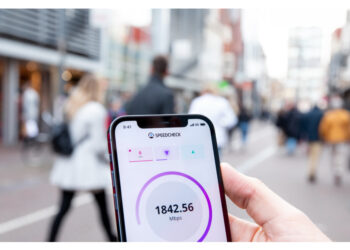The ISP that best suits you depends on the companies available in your area and how you’ll be using your internet connection. Regional monopolies and a place’s natural topography can prevent certain providers from being available everywhere.
There are a number of different types of internet plans on the market, and depending on where you live, every option may not be available near you. It’s still important to understand the difference between the types of internet services so that you can make the best choice.
Cable
This uses the same copper cable lines delivering cable television in your home so if you can get cable TV in your area, you’ll probably get cable internet as well.
DSL
DSL, or digital subscriber line, is a type of internet that connects through a telephone network using a phone wall jack.
Fiber
This type is a form of broadband internet transferring data using fiber optic cables, which are glass wires within a larger cable, and can provide one of the fastest internet options on the market.
Satellite
This is a type of wireless internet that is transmitted using satellites. Similar to satellite television, the signal here is picked up by a satellite dish and is transmitted to your home, after which you can connect to the internet using a modem.
Here are our top 3 picks for the best service providers in the country:
AT&T has consistently topped the charts for how it interacts with its customers, winning many awards for the North Central region in the past couple of years. It also took the top position for the West and South regions in the year 2020.
Verizon fiber service offers some of the best internet speeds, from 100 Mbps to 940 Mbps, and reports have shown that Verizon’s actual speeds average more than what the company advertises, almost 108% of the advertised speeds. This is very good news for anyone who uses the internet for more data-intensive activities such as video streaming, video conferencing, and online gaming.
HughesNet offers 25 Mbps with every plan, even though the satellite is inherently slower than other types of internet. If that sounds low to you, consider this: Hughesnet actually tends to overdeliver, with a 2018 report showing that the actual speeds are close to double of what the company advertises.















